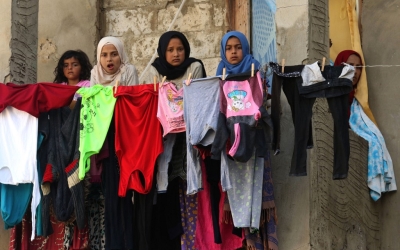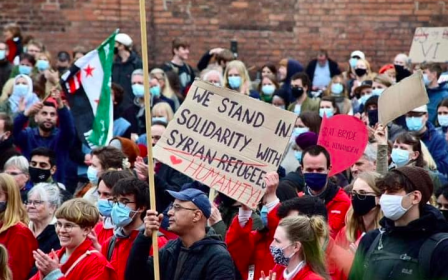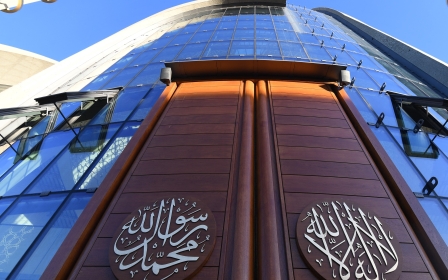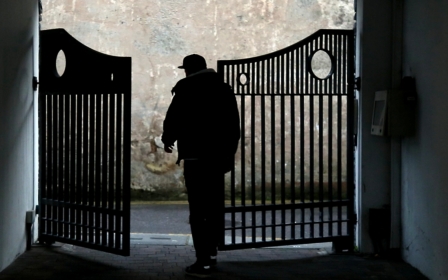EU set to approve $6.8bn package for refugees in Middle East
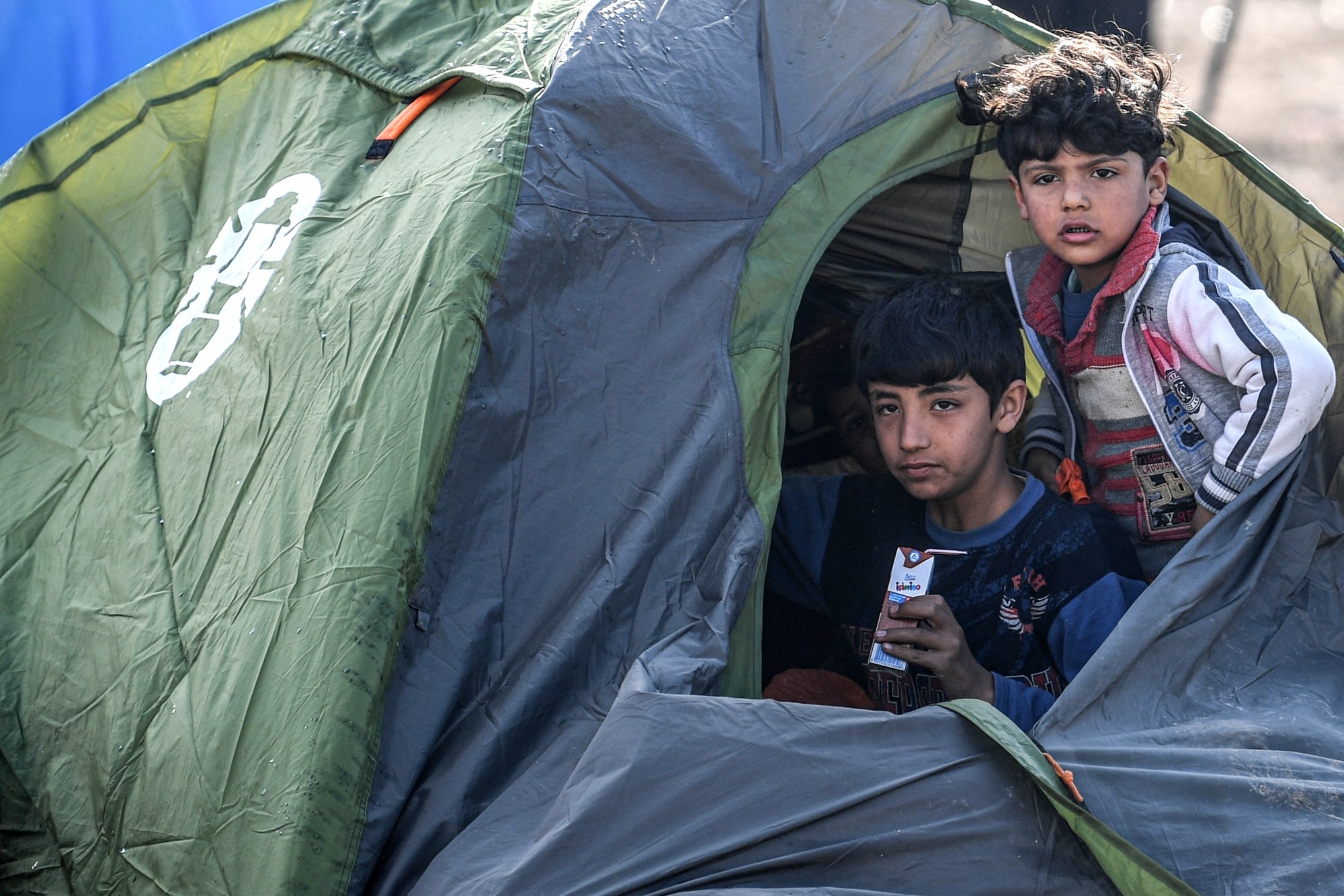
The European Union is considering a 3.5 billion euros ($4.18 billion) package for Turkey to continue hosting Syrian refugees until 2024, two diplomats said on Wednesday, as part of a bigger regional refugee support plan to stop migrants from reaching the bloc.
The total 5.77 billion euro ($6.87bn) package for Turkey, Jordan, Lebanon and Syria - which goes to humanitarian projects and not governments - aims to halt a new refugee influx into the EU.
New MEE newsletter: Jerusalem Dispatch
Sign up to get the latest insights and analysis on Israel-Palestine, alongside Turkey Unpacked and other MEE newsletters
Turkey hosts 3.7 million Syrian refugees and has spent more than $40bn providing them basic services, but wants the EU funds to be paid directly to the government in Ankara.
EU leaders, perturbed by what they see as Turkey's growing authoritarianism and deteriorating human rights record, are unlikely to accept that demand. They have also accused Turkey of using the refugees as a bargaining chip, which Ankara denies.
However, Turkish President Recep Tayyip Erdogan threatened to reopen the routes for Syrian refugees into Europe in 2019 if Ankara did not receive adequate international support.
The 27 leaders are expected to support the funding proposal by the executive European Commission at a summit in Brussels on Thursday, with United Nations Secretary-General Antonio Guterres also in attendance.
However, unlike a previous 6-billion-euro ($7.15bn) round of funding that was partly paid for directly by EU governments, the money will come entirely from the EU's common budget and will therefore need approval from the European Parliament.
The plan may reopen the EU's tortured debate over relations with Turkey, which lawmakers have long accused of stifling media freedoms and imprisoning political opponents without proper trial.
Reviving talks
Under the original migration deal from March 2016, Turkey agreed to take back all undocumented migrants and refugees who crossed the Aegean to enter Greece - including Syrians - in return for more funds.
For its part, the EU has promised to scrap the visa requirement for Turks visiting Europe and accelerate Ankara's bid to join the bloc, although all talks have stalled.
EU leaders on Thursday will seek to revive them, offering Ankara "the EU's readiness to engage with Turkey ... to enhance cooperation in a number of areas of common interest", according to a draft of the final summit statement seen by Reuters.
The plan has once again highlighted the wealthy bloc’s efforts to avoid taking in more refugees.
According to recent data by the UN High Commissioner for Refugees (UNHCR), Turkey has the largest refugee population in the world, while Lebanon has the highest ratio of refugees to citizens, with around 12.5 percent of people living in Lebanon refugees - one in eight.
In contrast, official European Commission data indicated that some 2.6 million refugees lived in the EU in 2019, making up 0.6 percent of the population in the bloc. The UNHCR reported that European countries collectively welcomed only 11,600 resettled refugees in 2020.
Earlier this month, EU member state Denmark passed a controversial law paving the way for the transfer of asylum seekers and refugees to a third “host” country outside Europe, effectively exporting Denmark’s asylum procedure and enraging human rights advocates.
Denmark also became the first European country to publicly declare its intention to send Syrians back to government-held areas inside the country earlier this year.
Strict criteria for visas and asylum have led many to seek to enter Europe illegally - including through deadly routes across the Mediterranean Sea that have seen thousands of people drown.
Middle East Eye delivers independent and unrivalled coverage and analysis of the Middle East, North Africa and beyond. To learn more about republishing this content and the associated fees, please fill out this form. More about MEE can be found here.


